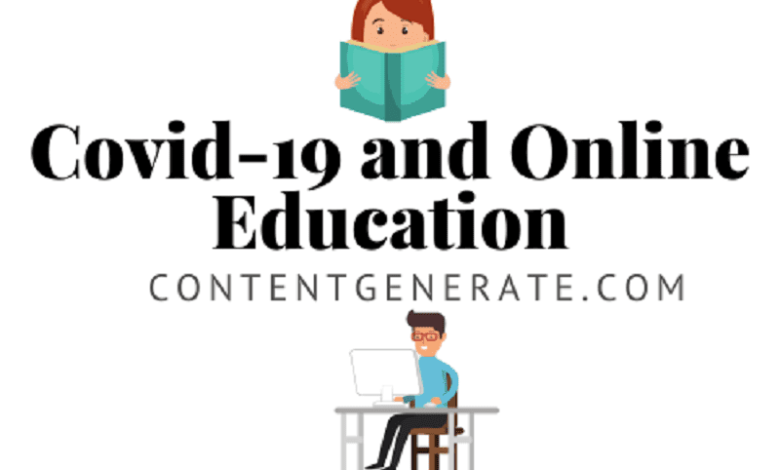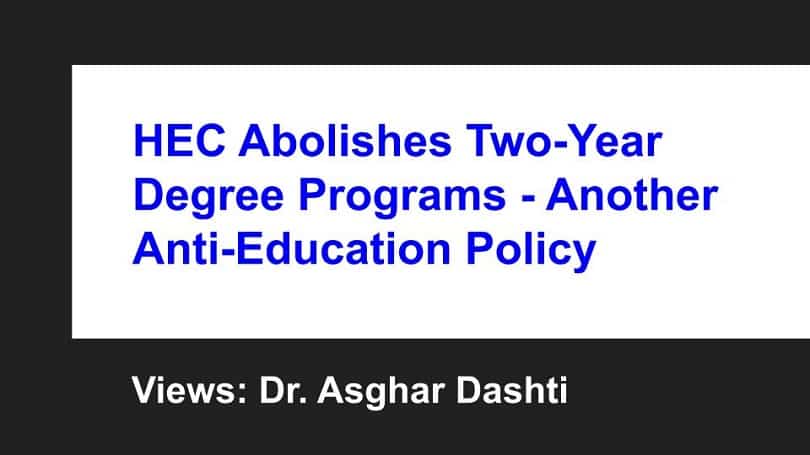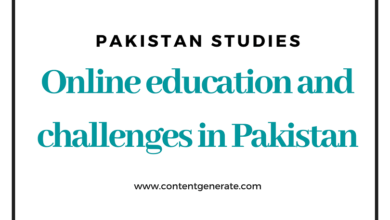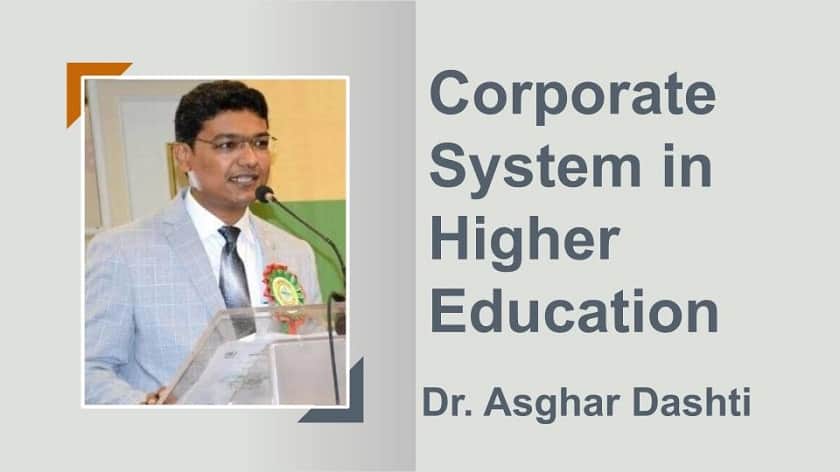Impact of Corona Virus Pandemic on Education
School Closures and Digital learning in Pakistan

The havoc and horror caused by the Corona Virus pandemic have led to an unprecedented halt in life activities limiting people to homes. Education is one of the factors which have been hit hard by the virus on a global level. In this article, I will discuss the impact of the coronavirus on education in Pakistan.
In Pakistan, schools were closed for the first time in Sindh province when the first case of the corona Virus was reported in Karachi. As the number of positive cases of Corona Virus infections multiplied, the rest of the provinces also followed the suit. Now educational institutions all over the country are closed as part of precautionary measures to mitigate the spread of this global pandemic.
The government has issued strict orders for schools to comply with. Defying these directions would result in the cancellation of school licenses. Some schools calling teachers to their campuses were raided and sealed in their failure to implement the orders.
The suspension of schools took place at a time when the academic session 2019-20 was about to end. The final examinations were scheduled in the month of March till Grade 8 and SCC & HSSC in the month of April and May. But the government has directed schools to directly promote students to the next grade at the primary and lower secondary levels on basis of previous assessments. Regarding the standardized exams at SSC and HSSC, educational boards have announced to tentatively conduct exams using only Multiple Choice Items in the month of June.
To mitigate the negative impact of Coronavirus has led to looking for an alternate mode of teaching. school systems in private sectors are adopting digital instructions as the only available mode of instruction. At home, parents also have started to find themselves in unprecedented difficulty to help their children to continue their education.
To address the negative impact of the Coronavirus i.e. difficulties faced in completion of the syllabus, ding thorough revision, and demonstrate academic performance in an annual examination, many schools in the private sector have gone online via Zoom Cloud, Microsoft Teams, Google Classrooms, etc.
According to Ahmad who is a secondary school teacher, “his school has instructed to conduct online classes and assign assessments for students to be submitted and assessed online. He is taking a minimum of three online sessions per day. Similar another teacher at a private-sector college is also taking online classes on Google Classrooms for his students as per instructions of the management. Similarly, private sector universities also have resorted to digital learning to cope with the teaching-learning gap created by the epidemic.
Distance learning adopted by schools through the internet in face of the shutdown of school is not free of limitations and challenges. Schools with poor infrastructure, underprivileged student body, financial, and similar other issues are unable to go online. Similarly, in rural areas teachers and students do not have access to quality internet service making the online mode of instruction impossible. Even in areas with internet facilities, all teachers and students or parents do not have access to smart devices i.e. to connect themselves to the online session.
Another problem is that all teachers are not fluent in the use of ICT to make the best of the online classes. Schools with limited resources or lack of priority with respect to the integration of ICT have not taken any serious measures to orient and train teachers for this new mode of teaching.
Teachers taking online classes are of the view that this is a really exciting experience for them to teach from home. It can be said that online instruction, giving assignments and feedback via the internet have created more curiosity about modern ICT skills to ensure quality.
Thus it can be said that the need and practice of digital learning accelerated to counter the impact of the coronavirus seems to have paved the way for online schools in the future. As more and more parents, students, and schools experience it, the more it becomes a future reality putting at least a partial end to the conventional physical classroom instruction.




